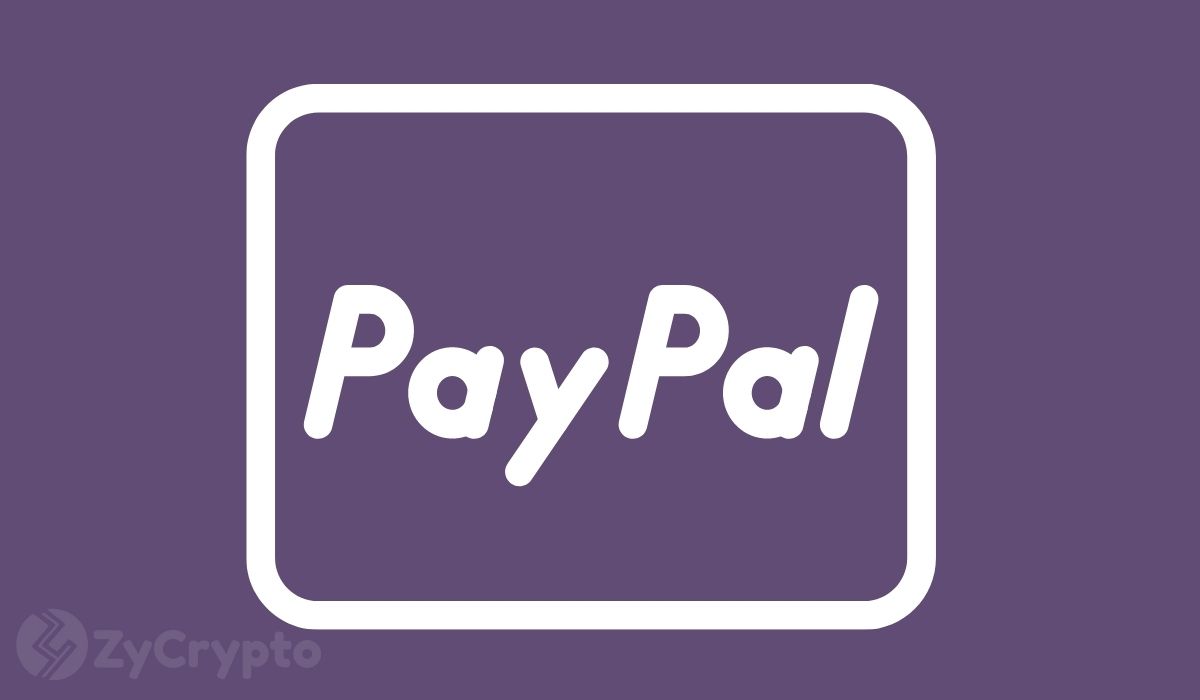
Jose Fernandez da Ponte, Senior Vice President and General Manager of Blockchain, Crypto, and Digital Currencies at PayPal, recently shared insights into the company’s new venture, a stablecoin named PYUSD. The executive spoke to CNBC, expressed enthusiasm for the technology, and highlighted its potential for revolutionizing the payment space.
Stablecoins are emerging as a significant application for blockchain technology. Considering PayPal’s deep involvement in the payments sector, da Ponte outlined the inherent advantages of stablecoins. These advantages, including reduced costs, enhanced programmability, and quicker settlement times compared to traditional methods, da Ponte called stablecoins the “killer app for blockchain technologies right now”. With increasing institutional interest, growing demand for additional tokens, and evolving regulations, PayPal sees the opportunity to enter crypto.
PYUSD hopes to unlock novel functionalities for users compared to traditional fiat currency. By offering cost-effective transactions, programmable capabilities, and swift settlement times, the stablecoin appeals to businesses and consumers alike. Notably, da Ponte emphasized that while the transition to stablecoin usage might not be immediate, it could provide significant advantages in specific use cases like remittances and digital goods.
There are concerns about regulatory scrutiny and scepticism surrounding large tech companies entering the crypto space, as seen with Facebook and Diem. Da Ponte, however, underscored PayPal’s position as a regulated financial institution with over two decades of experience in the payments industry, having a track record in risk management, compliance, and regulatory expertise.
3 Differentiating Use Cases
Da Ponte explained the need for another stablecoin and precisely one by PayPal, due to 3 main differentiating factors.
The integration of PYUSD with Venmo, the PayPal-owned platform, promises to leverage access to an increased network. This integration will enable dollar-denominated value transfers between Venmo and PayPal accounts, fulfilling a long-standing user demand. Additionally, this move opens avenues for PayPal merchants to receive payments from Venmo users, expanding their customer base.
According to da Ponte, the second pull factor for PYUSD is the Fiat connectivity PayPal can offer. Moving funds quickly between Fiat and web3 and acquiring funds with a debit card ensures seamless access.
And finally, as a regulated company with almost 25 years of experience, PayPal sees itself well positioned with a strong compliance framework and infrastructure, which others still need to build.
And then there is the potential role PYUSD may play in international remittances. Da Ponte stated that while currently focusing on launching in the US, PayPal has set the groundwork for international remittances using compatible wallets and exchanges. Additionally, PayPal’s existing international P2P and remittance business will align with PYUSD’s capabilities, enhancing the scope for cross-border transactions.
He highlighted that PYUSD runs on the Ethereum network as an ERC-20 token and is very easy to support and interact with. Da Ponte said, “And let’s not forget that PayPal has its own international P2P and its own remittances business, and we also want to bring those assets in play.”





















